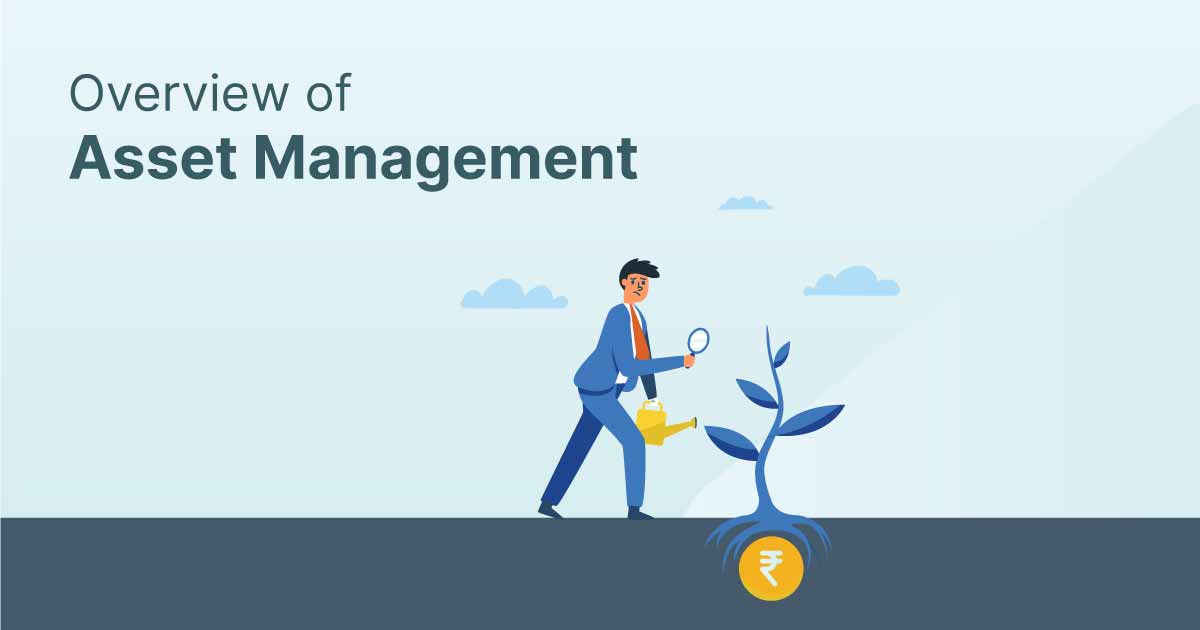Caring Is Not Enough: A Workbook for Emergency & End-of-Life Planning is an essential resource that helps individuals prepare for emergencies and plan for end-of-life situations. A crucial part of this book focuses on financial and asset management. Managing finances and assets is not just about accumulating and protecting wealth; it also ensures that your assets are utilized and distributed appropriately when you can no longer manage them yourself. TP88
Why Financial and Asset Management is Important
Managing finances and assets in the context of emergencies and end-of-life situations is crucial for several reasons:
- Asset Protection: Ensures that your assets are safeguarded and utilized for their intended purpose.
- Reducing Financial Burden on Family: Thorough preparation helps alleviate the financial and emotional burden on family members when you can no longer manage your affairs.
- Ensuring Your Wishes are Honored: Ensures that your wishes regarding how your assets should be used and distributed are carried out.

Important Steps in Financial and Asset Management
1. Create a Personal Financial Plan
First, you need to develop a detailed personal financial plan that includes:
- Asset Inventory: List all your assets, including real estate, bank accounts, securities, and other properties.
- Liabilities List: Itemize all your debts, including loans, credit card balances, and other obligations.
- Cash Flow: Track your income and expenses to ensure you have sufficient funds for daily needs as well as emergency costs.
XEM THÊM: TẢI APP TP88
2. Establish a Will and Designate Heirs
Creating a will is a critical step to ensure that your assets are distributed according to your wishes. In your will, you should:
- Designate Heirs: Decide who will inherit your assets.
- Appoint an Executor: Designate an individual or organization responsible for managing and distributing your estate according to the will.
- Provide Specific Instructions: Give clear guidance on how you want your assets to be used and distributed.
3. Set Up a Trust
A trust is a useful tool for managing assets and ensuring that your wealth is utilized for its intended purposes. You can set up a trust for:
- Family: Ensure your family has sufficient financial resources to cover living expenses and education.
- Charity: Contribute assets to charitable organizations that are important to you.
- Emergency Fund Management: Ensure there are enough financial resources to cover emergency expenses.
4. Create an Insurance Plan
Insurance is a vital component of financial and asset management. Types of insurance to consider include:
- Life Insurance: Ensure that your family has sufficient financial support to cover living expenses and education after your passing.
- Health Insurance: Ensure you have enough coverage to handle medical expenses.
- Property Insurance: Protect your assets against risks such as fire, theft, and natural disasters.
5. Plan for Taxes
Tax planning is an essential aspect of financial and asset management. You need to consider the following factors:
- Estate Taxes: Ensure you have enough resources to cover estate tax obligations.
- Income Taxes: Manage income and expenses to minimize tax burdens.
- Tax Deductions: Take advantage of deductions to reduce your overall tax liability.
6. Regularly Update Your Plan
Finally, you need to update your financial and asset management plan regularly to ensure it accurately reflects your current financial situation and wishes. Steps for updating include:
- Review Assets and Liabilities: Ensure your asset and liability inventory is accurate and up-to-date.
- Update Your Will and Trust: Ensure your will and trust reflect your current wishes.
- Review Insurance Policies: Ensure your insurance policies are active and adequately meet your financial needs.
Conclusion
Financial and asset management is a critical part of emergency and end-of-life planning. Caring Is Not Enough: A Workbook for Emergency & End-of-Life Planning provides the necessary tools and guidance to prepare comprehensively and effectively. Managing your finances and assets not only protects your wealth but also ensures that your wishes are honored and reduces the financial and emotional burden on your family. By planning thoroughly and updating regularly, you can ensure that your assets are managed and distributed effectively in any situation.


